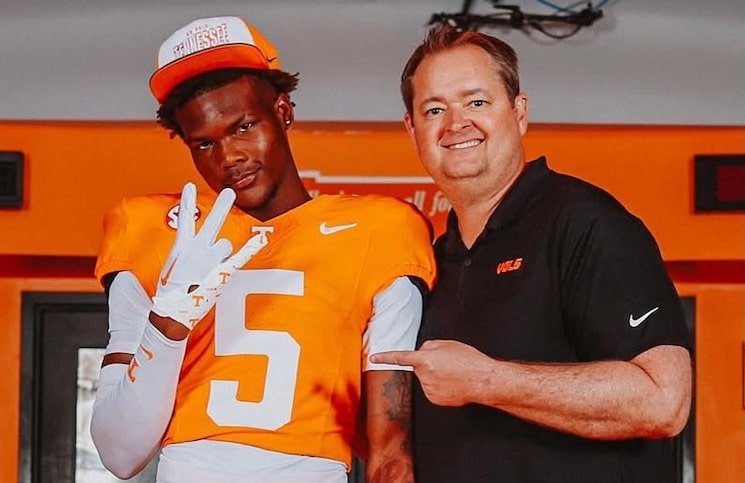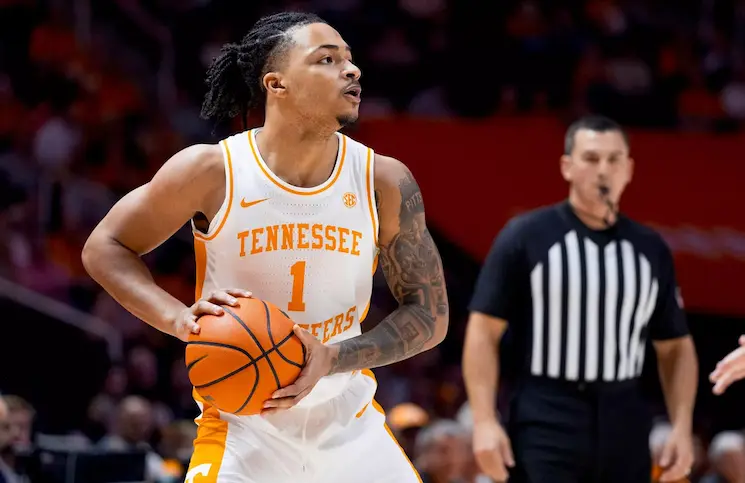When news first broke that the NCAA was investigating Southern Miss basketball for alleged violations committed during Donnie Tyndall’s tenure, the future certainly looked bleak for Tennessee’s first year head coach. Yet, even with the seriousness of the accusations, there have always been limits on the punishment the NCAA can assign to Tyndall.
Tyndall has cooperated 100% with the investigation and without physical proof that he knew about, and/or was an active participant in, these alleged violations, the NCAA can only slap him with a “failure to monitor” or “failure to promote an atmosphere of compliance” charge.
And that certainly looks to be the way this investigation is headed.
ESPN’s Andy Katz joined the Paul Finebaum last week and said something we’ve been preaching since news of the investigation first broke – if the alleged violations at Southern Miss were committed by Tyndall’s assistants and/or other staffers at Southern Miss, Tyndall should keep his job and will probably serve a minimal suspension (two to five games).
That is consistent with what we’ve heard since the season started. All indications are that the NCAA, as things currently stand, does not have any direct evidence tying Tyndall to any of the allegations.
Also helping Tyndall’s case, Southern Miss self-imposed a postseason ban pointing to their culpability as an institution in at least a portion of the alleged violations. The significance of that should not be discounted as things move forward.
The NCAA has a track record of suspending head coaches for the actions of their assistants. In October of 2013, then-Missouri head coach Frank Haith was suspended five games for “failing to monitor the activities of his assistant coaches.” Haith was also directly implicated in paying off a booster when that booster threatened to expose impermissible contact with recruits and coaches.
Haith’s suspension is notable because he was punished after the NCAA adopted new enforcement rules detailing a new punishment structure for head coaches deemed responsible for the actions of their assistants.
Former Connecticut head coach Jim Calhoun was suspended three games during the 2011-2012 season for “failing to create an atmosphere of compliance.”
During the same season, Central Florida head coach Donnie Jones was suspended three games after UCF was “found to be involved with runners for sports agents and making cash payments to recruits.”
These are just a few examples of many detailing the type of punishment Donnie Tyndall could receive if the NCAA’s investigation stays its course. As it stands, Tyndall isn’t expected to be tied to directly to any violations, none of his current staff members are expected to be implicated and his former assistants aren’t expected to be involved in anything more serious than the violations outlined in the above examples. Any possible punishment isn’t likely to be handed down until after the season at this point.
As long as Dave Hart stands by Tyndall (I wrote before the season that he should do everything possible to keep him) – and it looks like he will – and there aren’t any unexpected developments, the future for Tyndall certainly looks brighter than it did at the start of the season.
That’s good news for Donnie Tyndall. That’s good news for Tennessee. And that’s good news for Vol fans.




